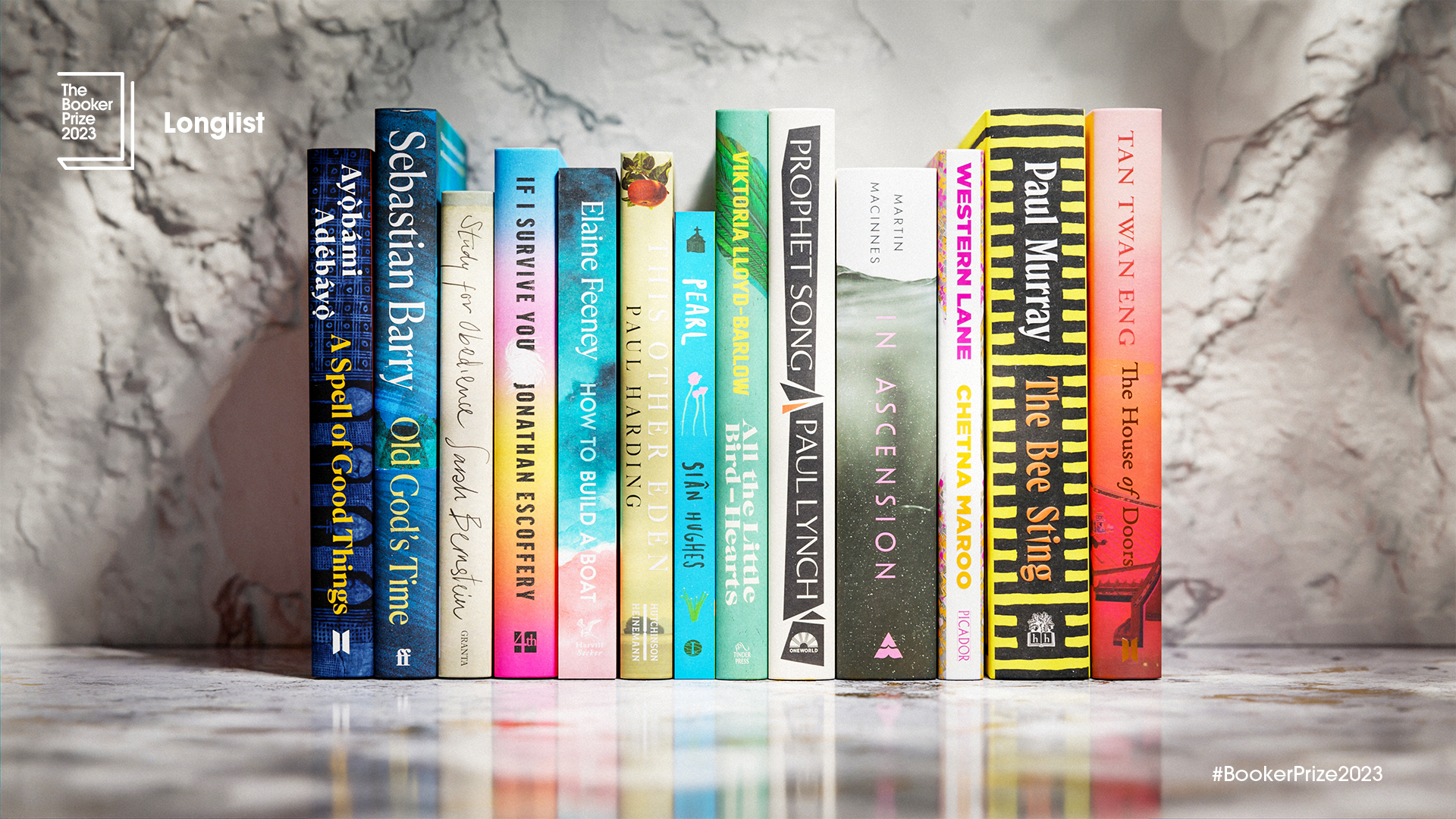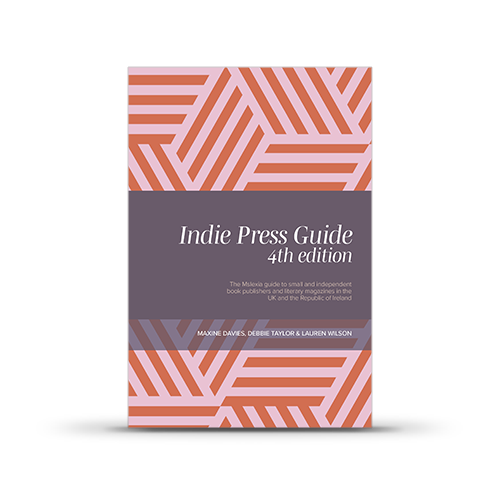
The longlist for this year’s Booker Prize was announced in August – and seven out of the 13 books selected by the judging panel were published by independent presses. This means that leading indies, such as Canongate, Oneworld and The Indigo Press, are rubbing shoulders with imprints from the biggest corporates in the industry.
It also means that investing in a copy of the 4th Edition of Mslexia’s unique directory of independent publishers, the Indie Press Guide, could help put you on the road to literary stardom. The IPG lists over 700 independent book publishers and literary magazines based in the UK and Ireland – and you can submit directly to the vast majority of them without getting an agent first.
The novels on the 2023 Booker longlist ‘cast new light on what it means to exist in our time, and they do so in original and thrilling ways,’ said Chair of the judges Esi Edugyan.
Last year, too, the Booker was dominated by indie presses, which accounted for eight of the novels on the longlist, including After Sappho from Galley Beggar and Case Study from Saraband – both independents. The prize was ultimately awarded to author Shehan Karunatilaka for his novel The Seven Moons of Maali Almeida, which was published by indie Sort Of Books.
The previous year Hannah Lowe was awarded the 2021 Costa Book of the Year for her collection The Kids, published by poetry indie Bloodaxe Books. The 2020 Costas were also dominated by independent presses, with two winning publications from Faber and Faber – Love After Love by Ingrid Persaud and Voyage of the Sparrowhawk by Natasha Farrant – and other winning titles from Peepal Tree Press (The Mermaid of Black Conch by Monique Roffey) and Carcanet (Eavan Boland’s The Historians).
The 2023 winner of the Women’s Prize for Fiction, Demon Copperhead by Barbara Kingsolver, was also published by an independent (Faber) and the shortlist included Priscilla Morris’ Black Butterflies from indie Duckworth Books.
When we launched the 1st Edition of our Indie Press Guide back in 2015, indie presses were just beginning to establish their credentials in the literary prize stakes. Now it’s clear that they’re a force to be reckoned with, producing work of consistent quality, garnering countless awards and accolades.
While many writers set their sights on being published by a Big Five publishing house, signing with an independent press can often prove a better alternative.
Why? First of all, indie publishers may be more likely to take a chance on experimental writing than a big corporate publisher. In fact, many indies were established for this exact reason, with founders who were frustrated that the writing that they were most passionate about wasn’t being considered by the big industry players.
Secondly, the majority of big publishers only accept submissions from agents. This means that an author is required to sign with a literary agent before the publisher will even consider their work – which, in itself, can be challenging. Many indie presses, on the other hand, have open submission policies, meaning you rarely need an agent to persuade them to look at your submission. This can result in less gatekeeping, and increased accessibility for writers from minority backgrounds.
Lastly, while indies may operate on a smaller scale than big publishers, they’re deeply invested in the books that they publish – often because both their reputation and their finances rely heavily on a smaller number of titles. Indie editors, in particular, have a reputation for working closely with the authors whose work they take on. And Mslexia’s research into women writers’ experiences of submitting discovered that indie publishers were far more responsive than literary agents, and more likely to provide feedback.
Whether you write fiction, poetry, memoir, essay or reviews, our Indie Press Guide will provide you with all the information you need to find a home for your work. What’s more, the 700-plus publishers listed in the 4th Edition includes 300 completely new ventures, all looking for new voices. (Yes, I admit we’re blowing our own trumpet – but honestly, you won’t find this information gathered together anywhere else.)
LAUREN WILSON is Mslexia's Production Editor (maternity cover), and took major responsibility for compiling the 4th Edition of the Indie Press Guide. She is also currently putting the finishing touches to her debut novel about social media and cults.


